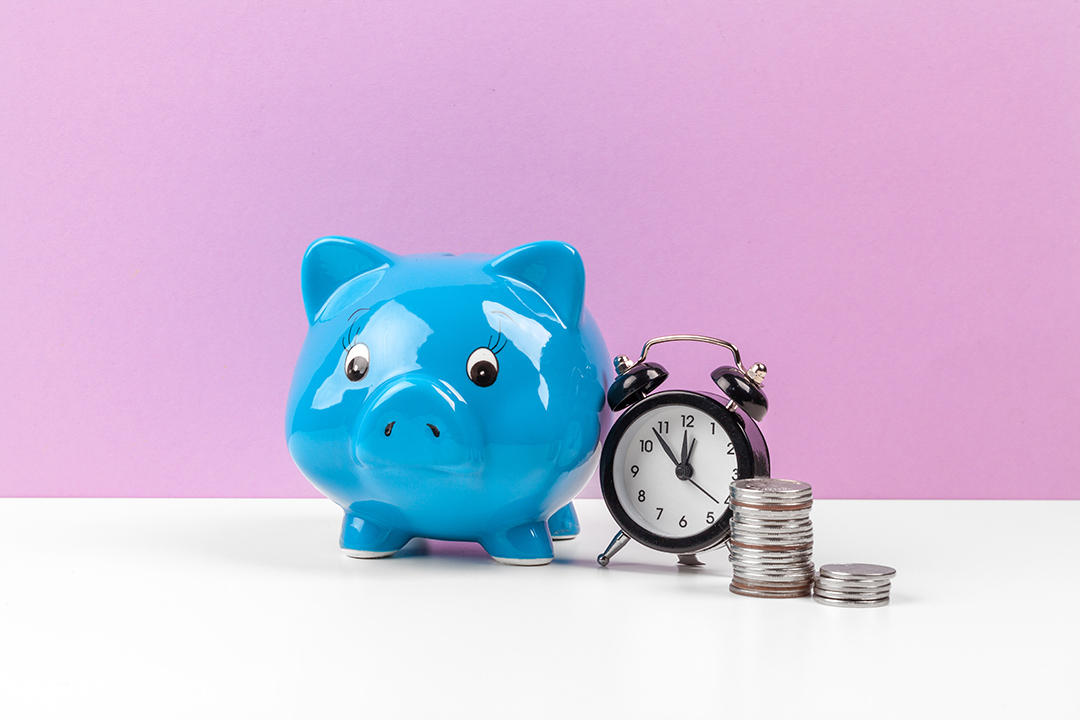First things first, set a reminder because federal student loans resume repayment on May 1, 2022. Repeat: MAY FIRST, TWENTY TWENTY-TWO. There is currently a federal student loan payment freeze in effect (it has been pushed back a couple of times during the pandemic) which means this is a penalty-free non-payment period AND you wont accrue any additional interest. Thats not to say that youshouldntbe making any payments currently. Read on and find out why making some payments when you don't have to could be beneficial to you in the long run.
Student loans function just like any other type of debt that shows up on your credit report. On-time payments on student loans could strengthen your credit score over time. Meanwhile, late payments could be a catalyst for a credit score dive. If you make payments on time, though, student loans are more likely to help your credit score than hurt it. Heres what to know about how student loans affect your credit score â€" and how you can leverage them to your advantage.
HOW DO STUDENT LOANS AFFECT YOUR SCORE?
Yourcredit scoreis generally calculated using five main factors: payment history, credit utilization (balances owed divided by total available credit), the age of your credit history, your credit mix, and recent hard credit inquiries.Your student loans impact your credit score mainly through your payment history. Payment history accounts for the largest part of your credit score, so late or missing student loan payments can have a fairly big impact on your credit score. Late payments (of any kind) can cause your credit score to drop by 50 to 100 points. That is a BIG change. Defaultingon your student loans, which occurs after a 120-day delinquency onprivate student loansand 270 to 360 days for federal student loans, can have an even bigger impact on your credit score. Because student loans are considered installment loans,credit utilizationdoes not matter as much as it does with revolving accounts like credit cards. However, having an installment loan in yourcredit mix, especially one that helps establish a longer credit history, could be helpful to your overall credit score.
DO MISSED MONTHLY PAYMENTS MAKE YOUR CREDIT SCORE WORSE?
Because of the importance of payment history, each missed student loan payment â€" private or federal â€" can have a significant negative impact on your credit score.You could face some pretty negative consequences from your lender or servicer in the form of late fees or penalties. These may be added to your loan balance and accrue further interest, causing your debt to grow. Thats why its important to always make your payments on time, if possible.Pro Tip: Reduce the chance that youll miss a loan payment by signing up for AutoPay. Many lenders even offer an interest rate reduction for enrolling in AutoPay. Always keep in mind that consistently paying on time helpsbuild a positive payment history.
DOES THE STUDENT LOAN FREEZE AFFECT CREDIT SCORES?
As previously mentioned, part of the federal governments pandemic relief measures, federal student loan payments have been frozen. During this time, certain loans don't require payment and they don't accrue interest. On top of that, collections have been paused ondefaulted loans. Thelatest extension of this payment freezeis set to expire onMay 1, 2022. Although there could be additional extensions in the future, you shouldnt count on them when planning ahead. During the freeze, you wont be penalized for not making payments, which means your credit score wont be affected. However, if your loan was in default prior to the freeze, it will still show up on your credit report and impact your credit score, even if collections attempts have stopped. However, NOT ALL LOANS ARE AFFECTED BY THE FREEZE. Private student loans arent affected. Additionally, non-defaulted loans from the FFEL program that arent held by the Department of Education arent eligible.
Ultimately, the best way to keep your credit score healthy and your debt under control is to stay on top of your student loan payments â€" whether this means paying the amount due on time every month or contacting your lender as soon as possible and working out an alternate agreement if you cant pay.

